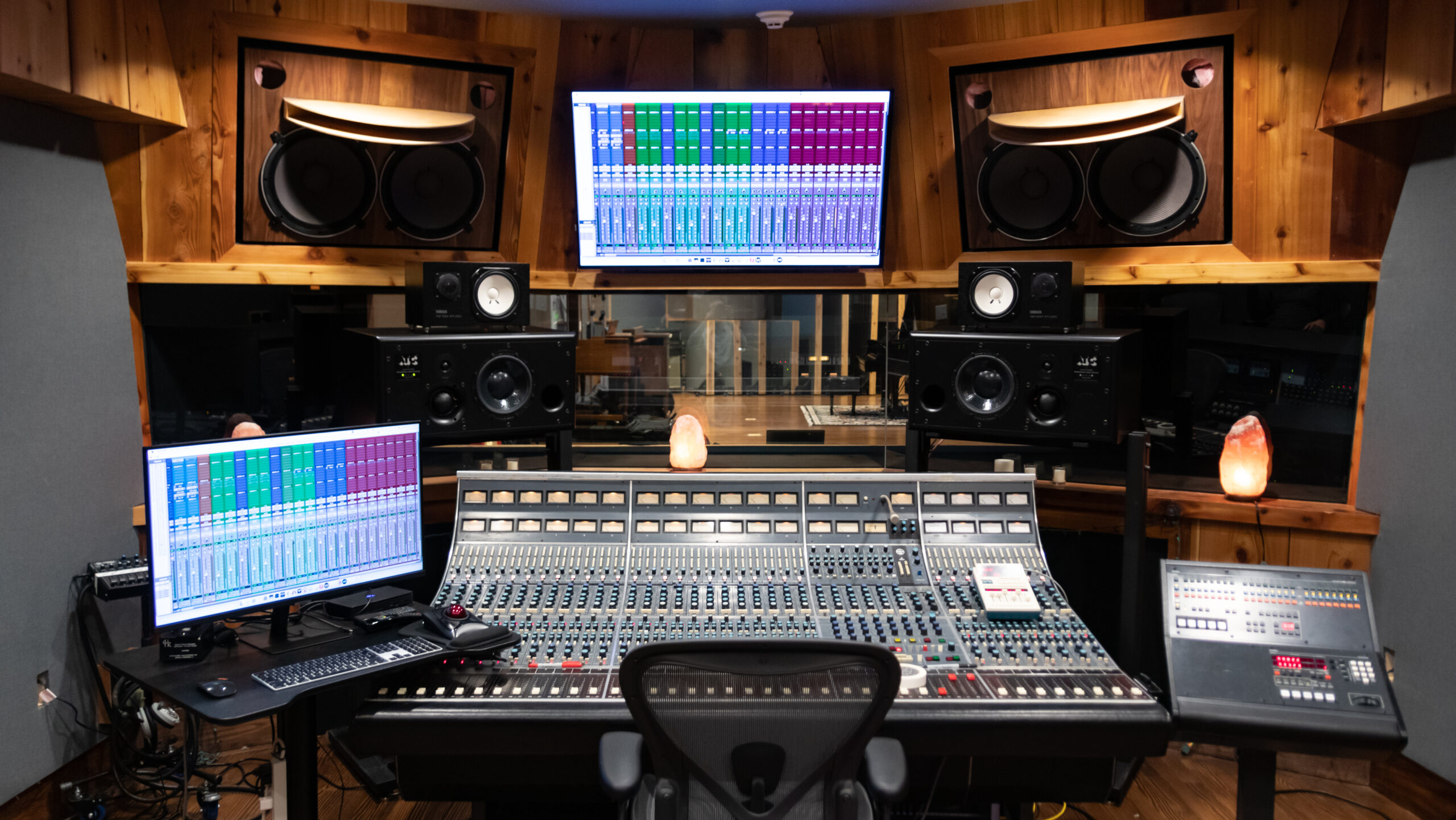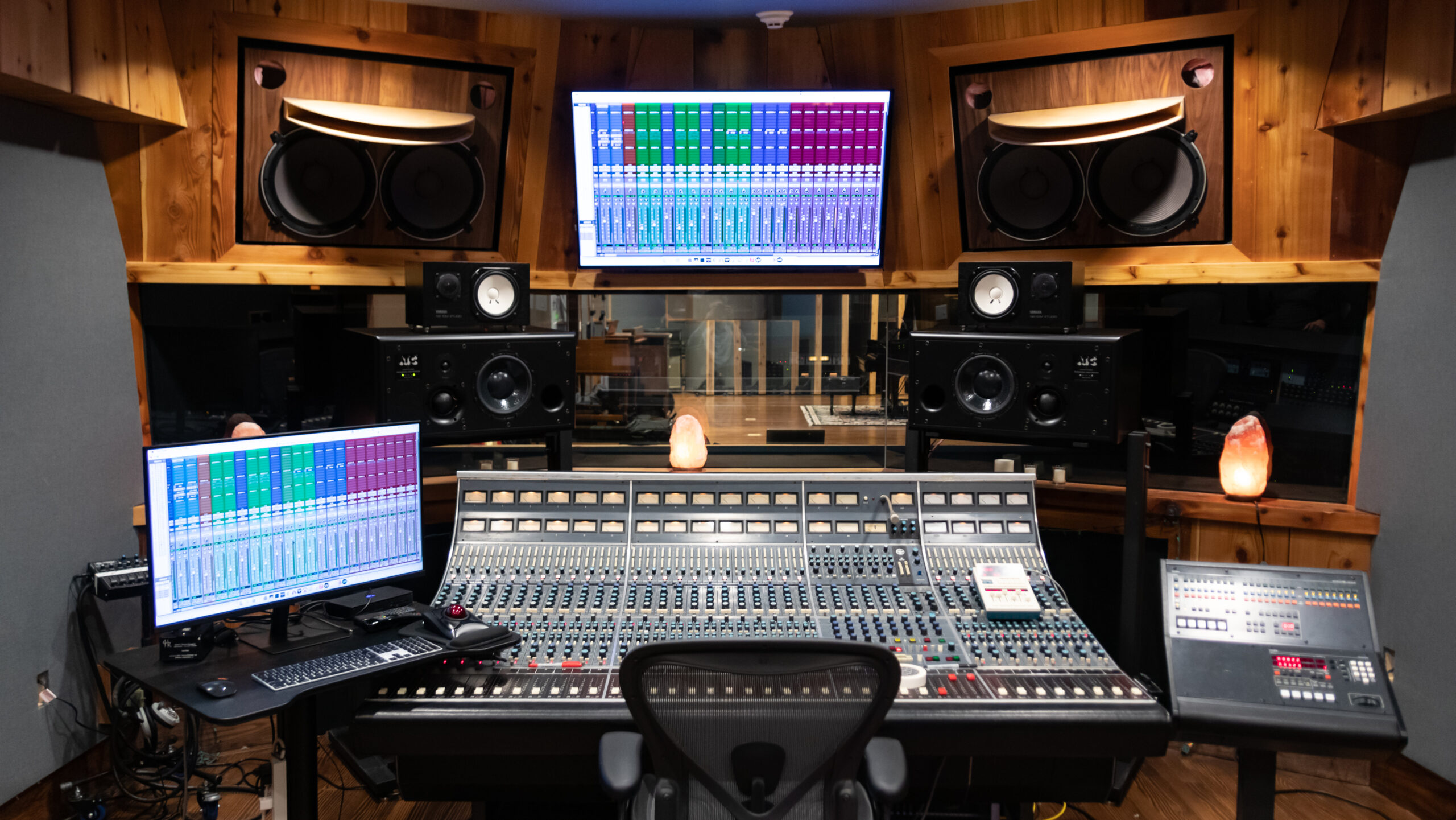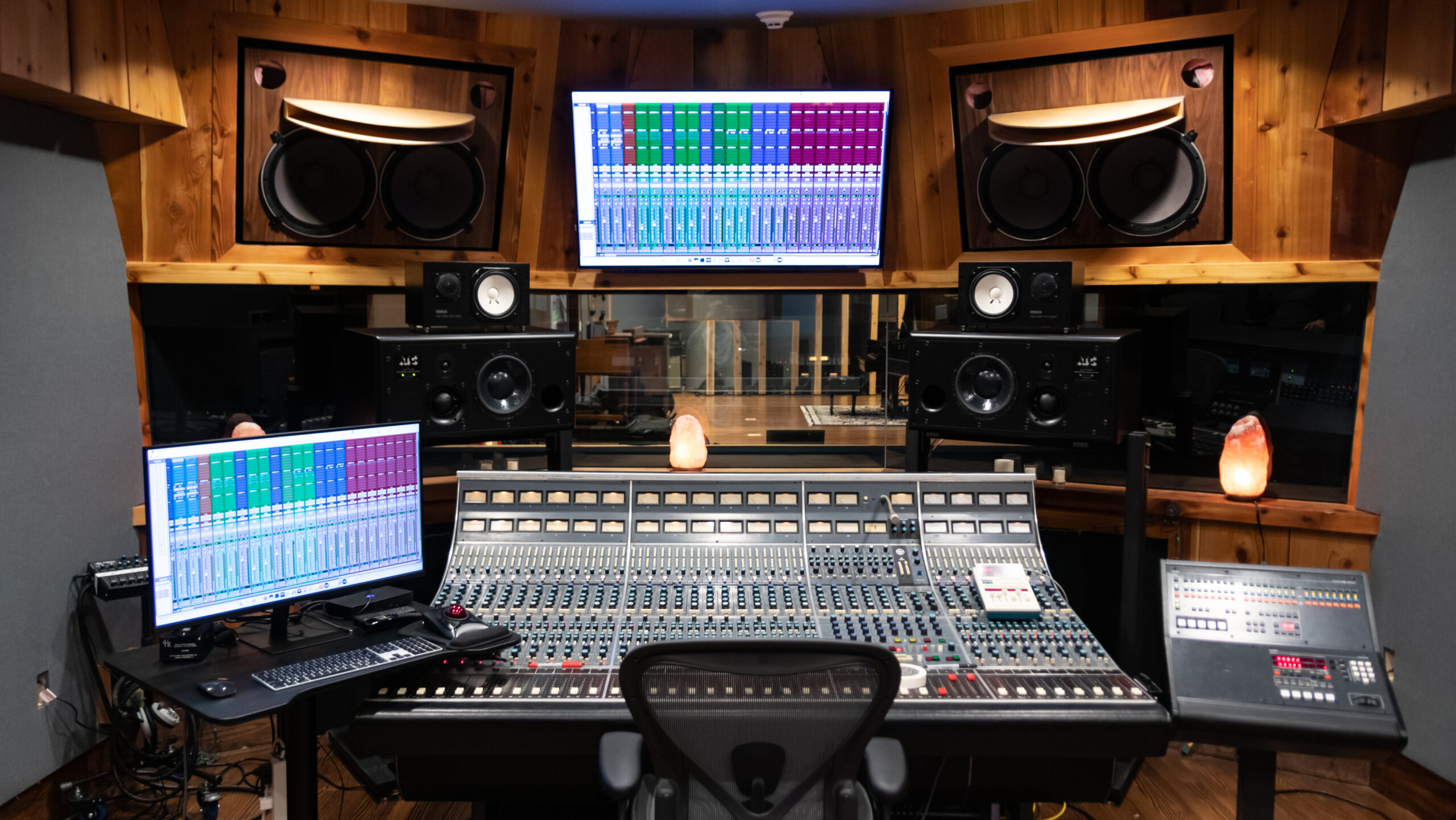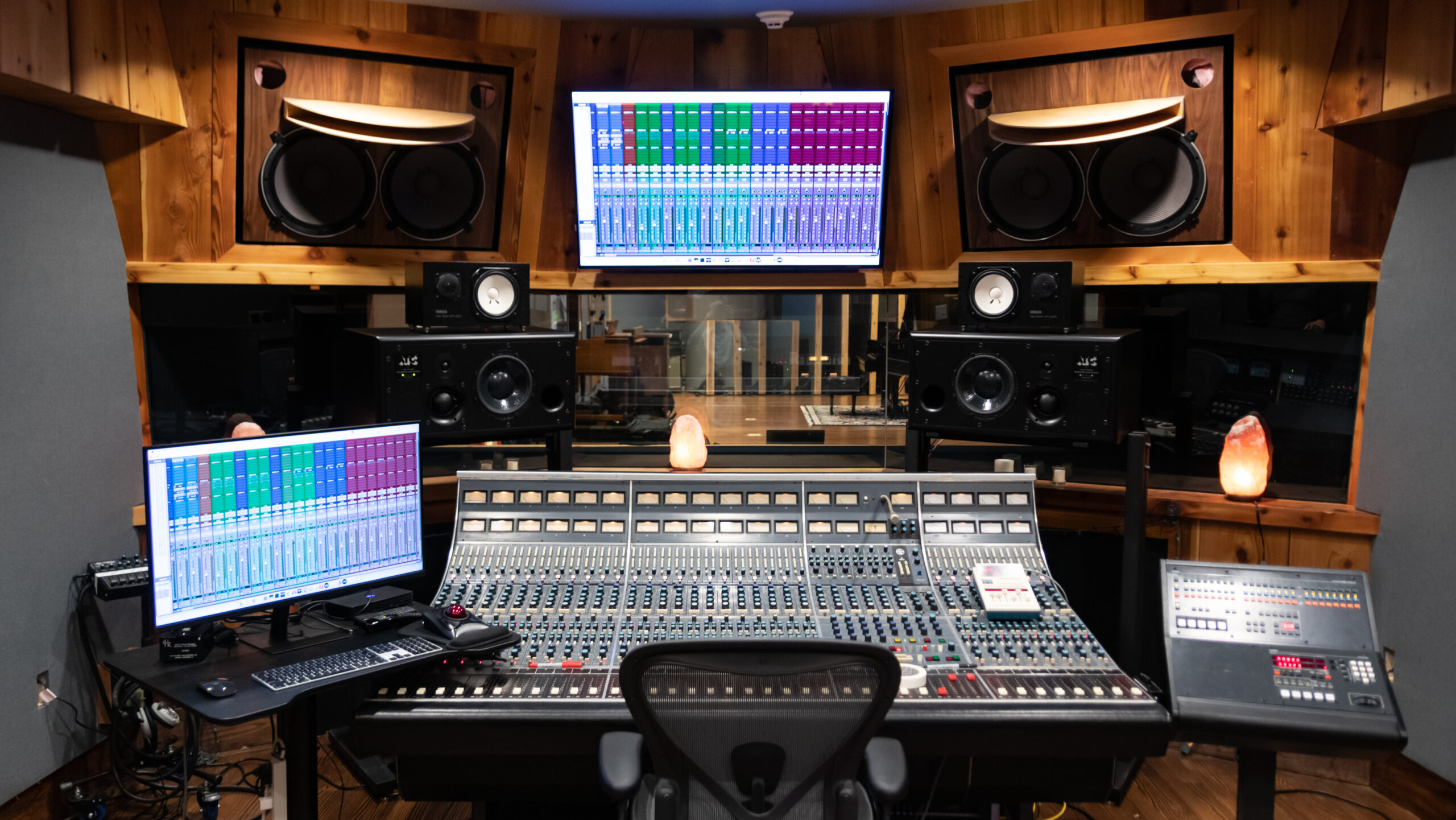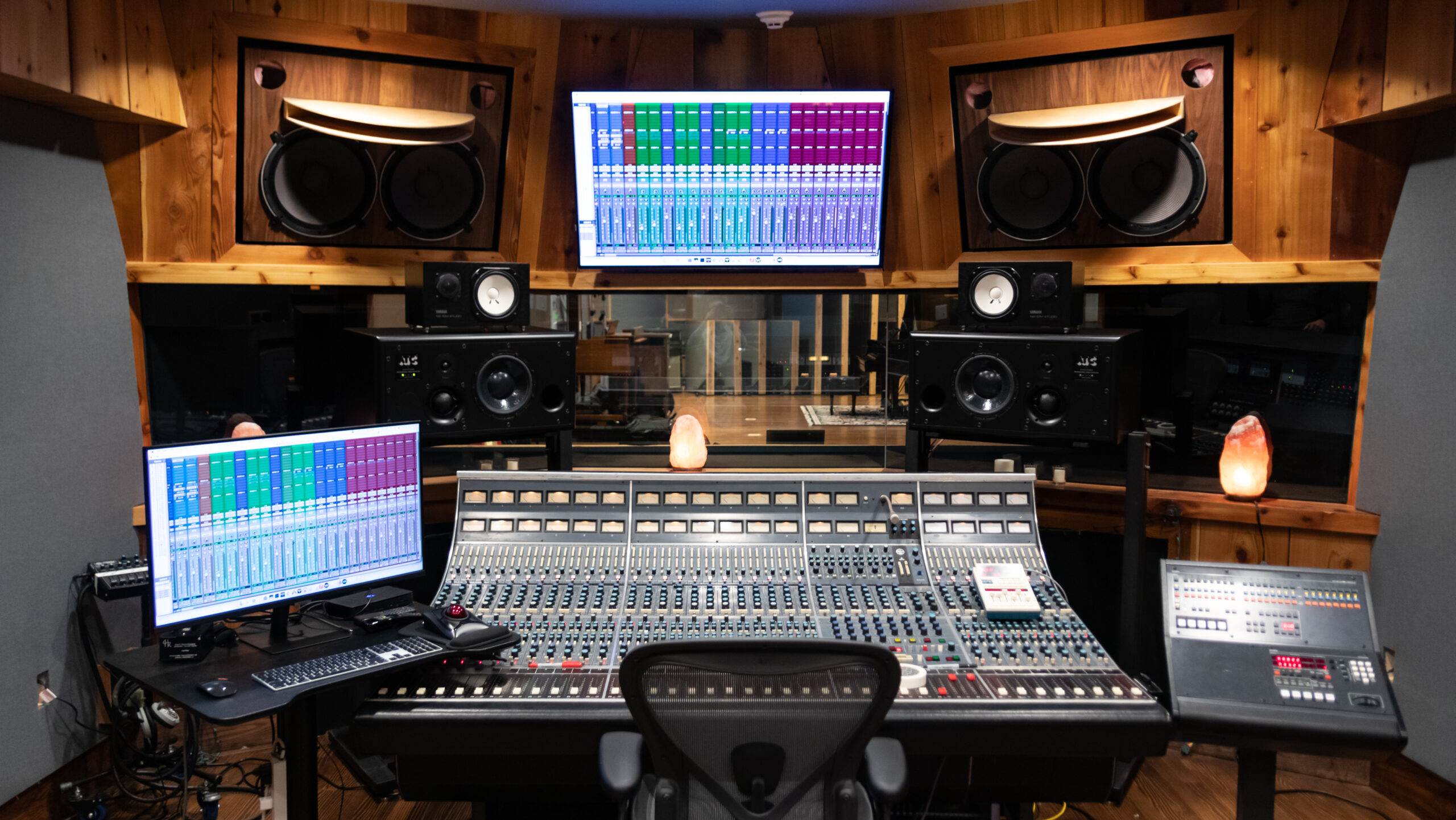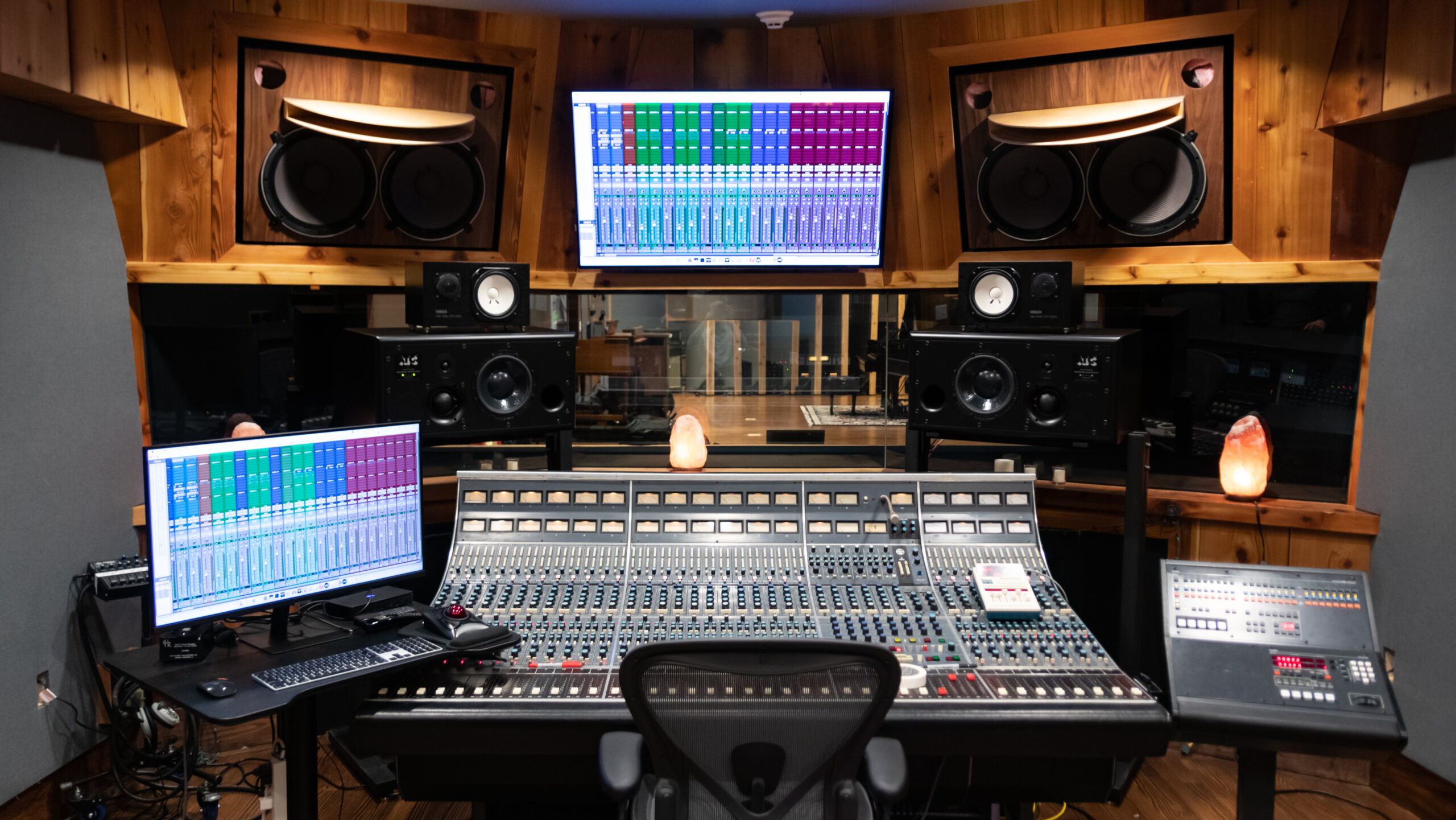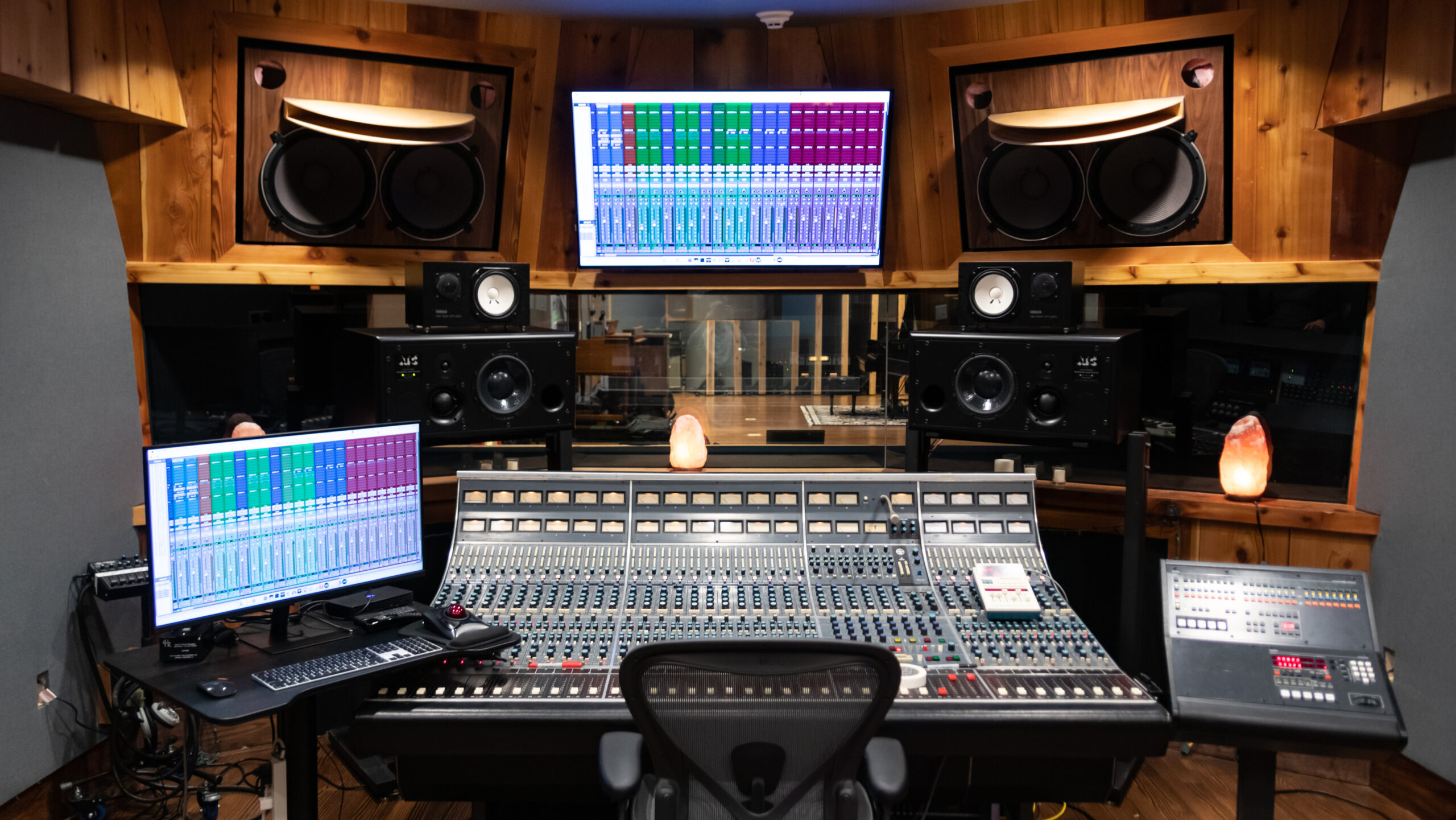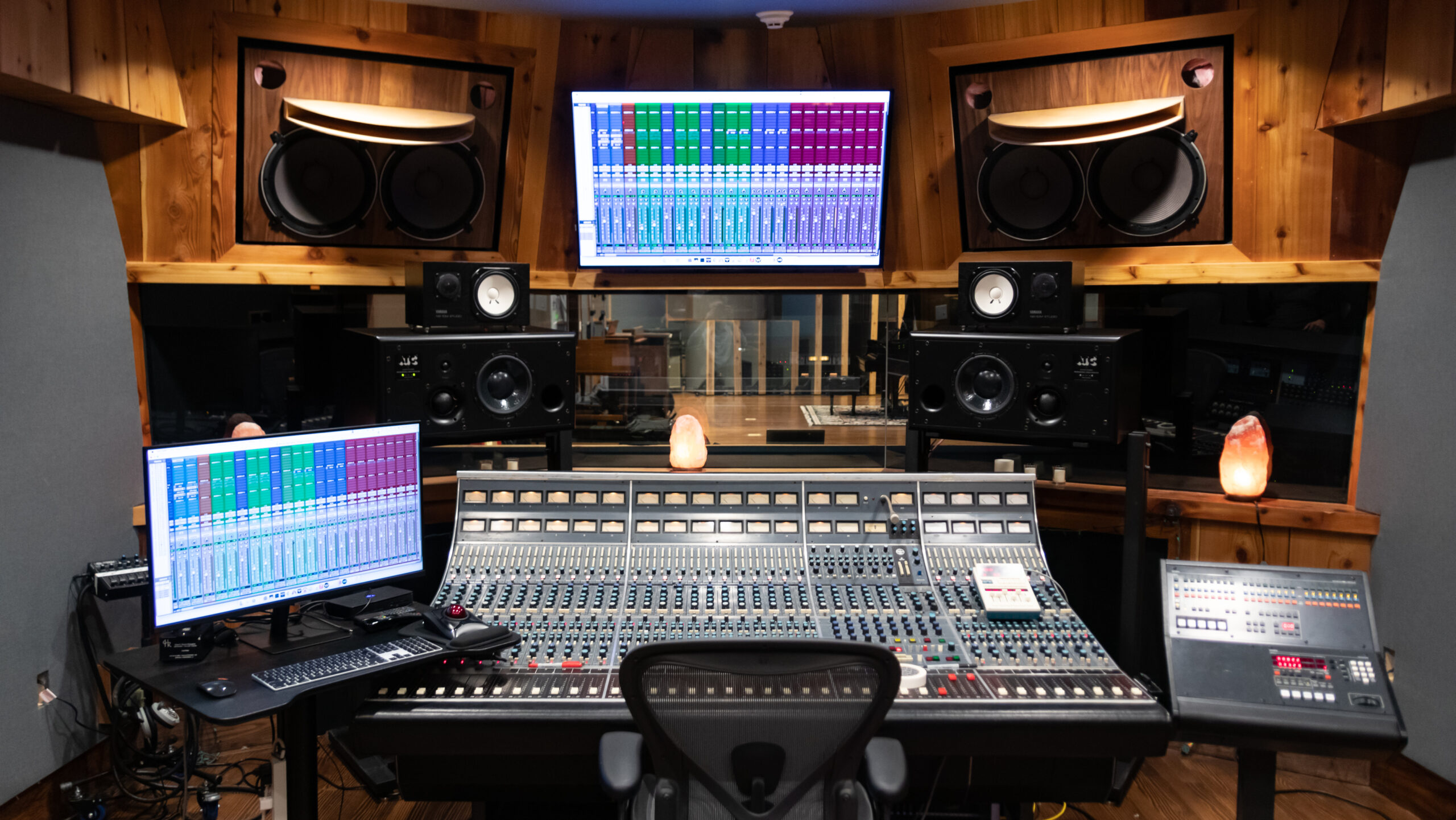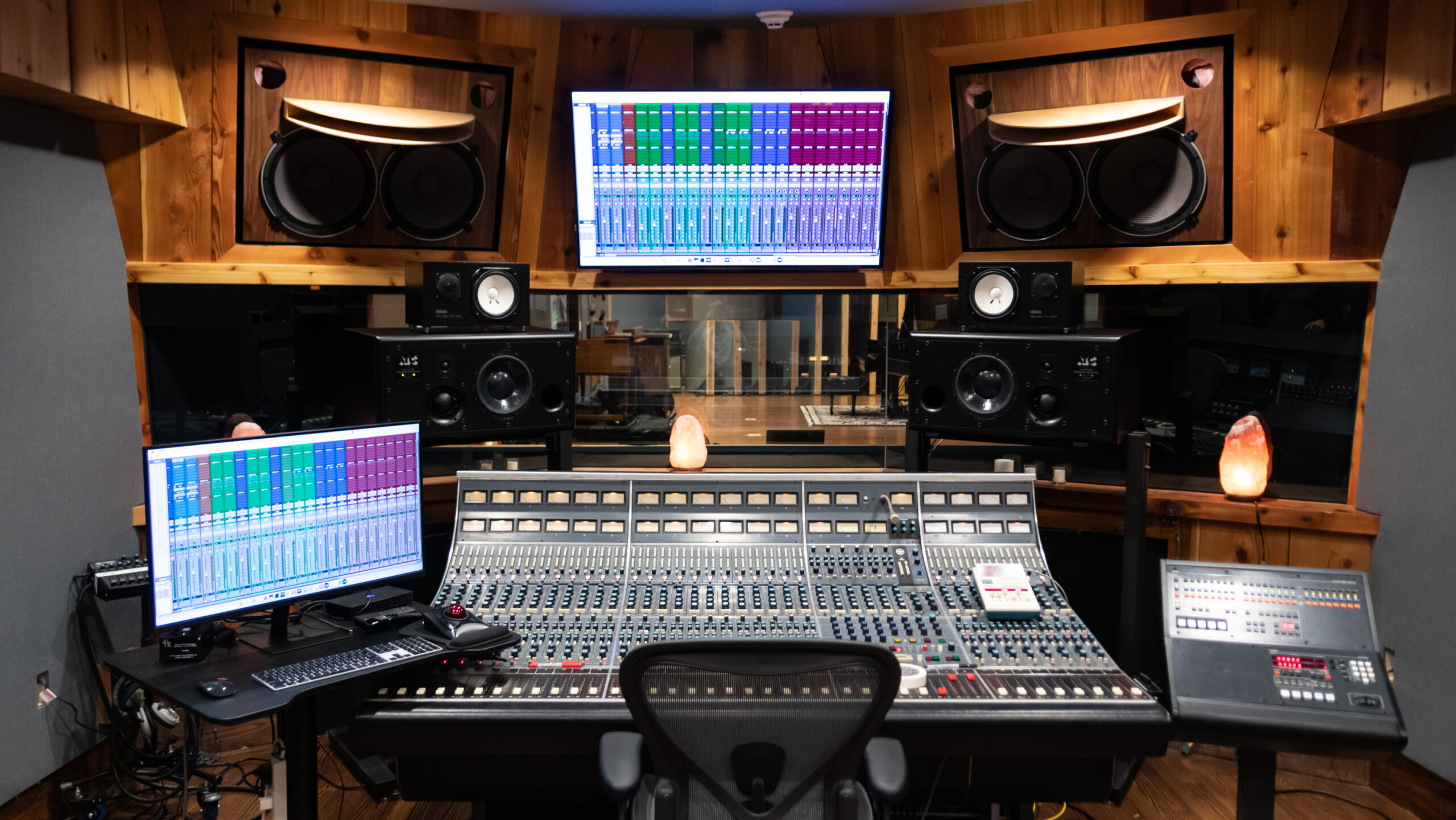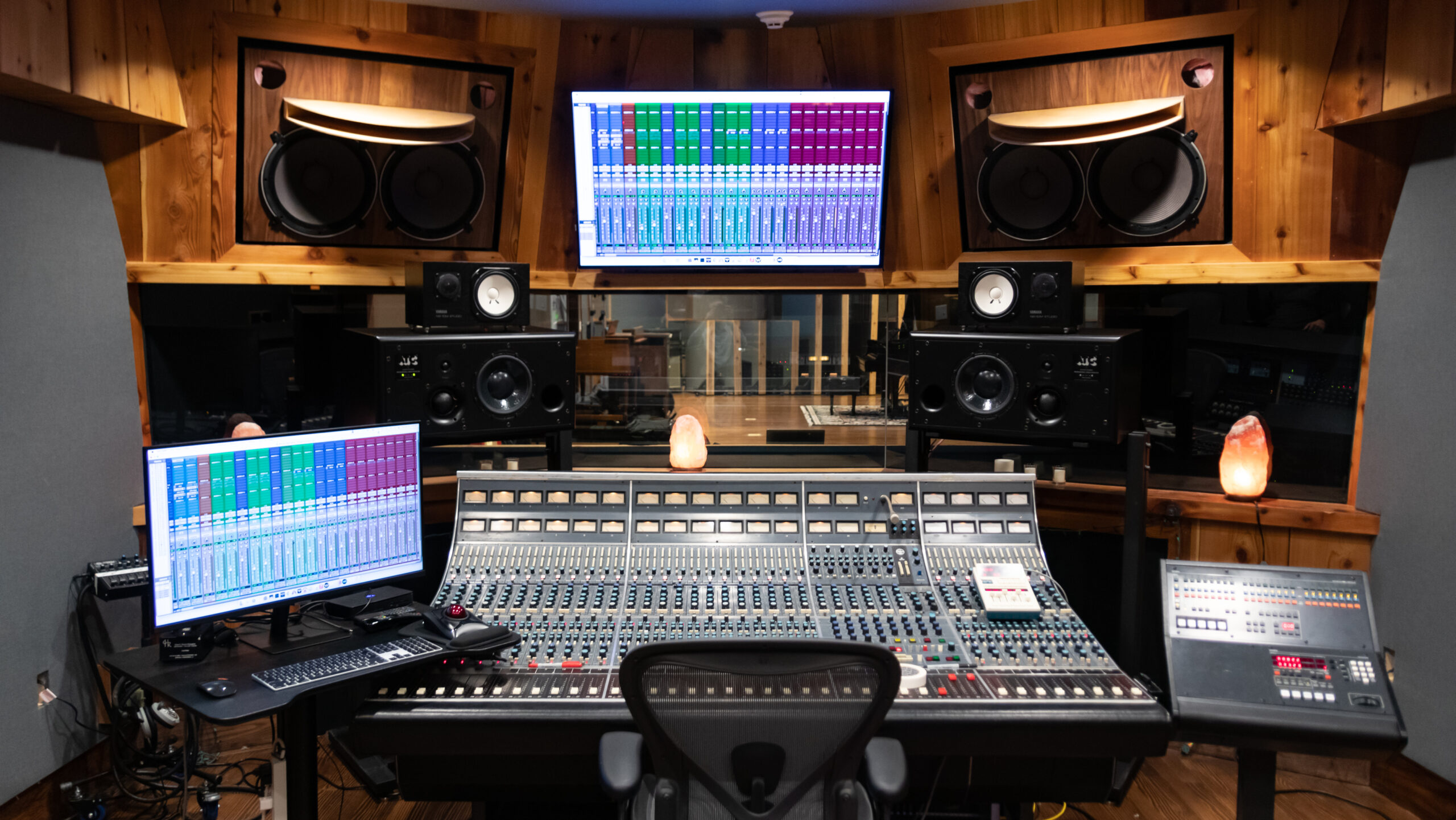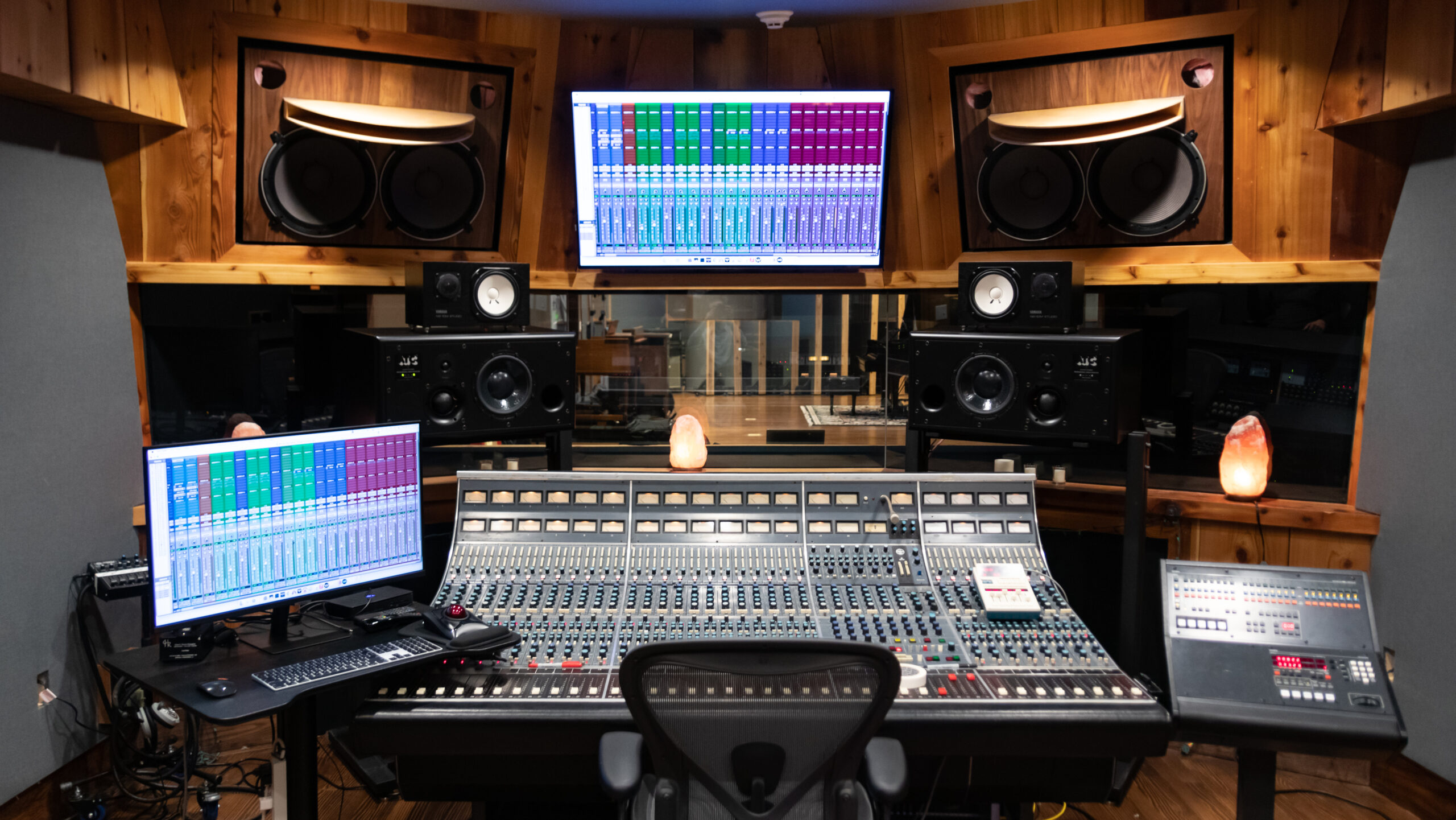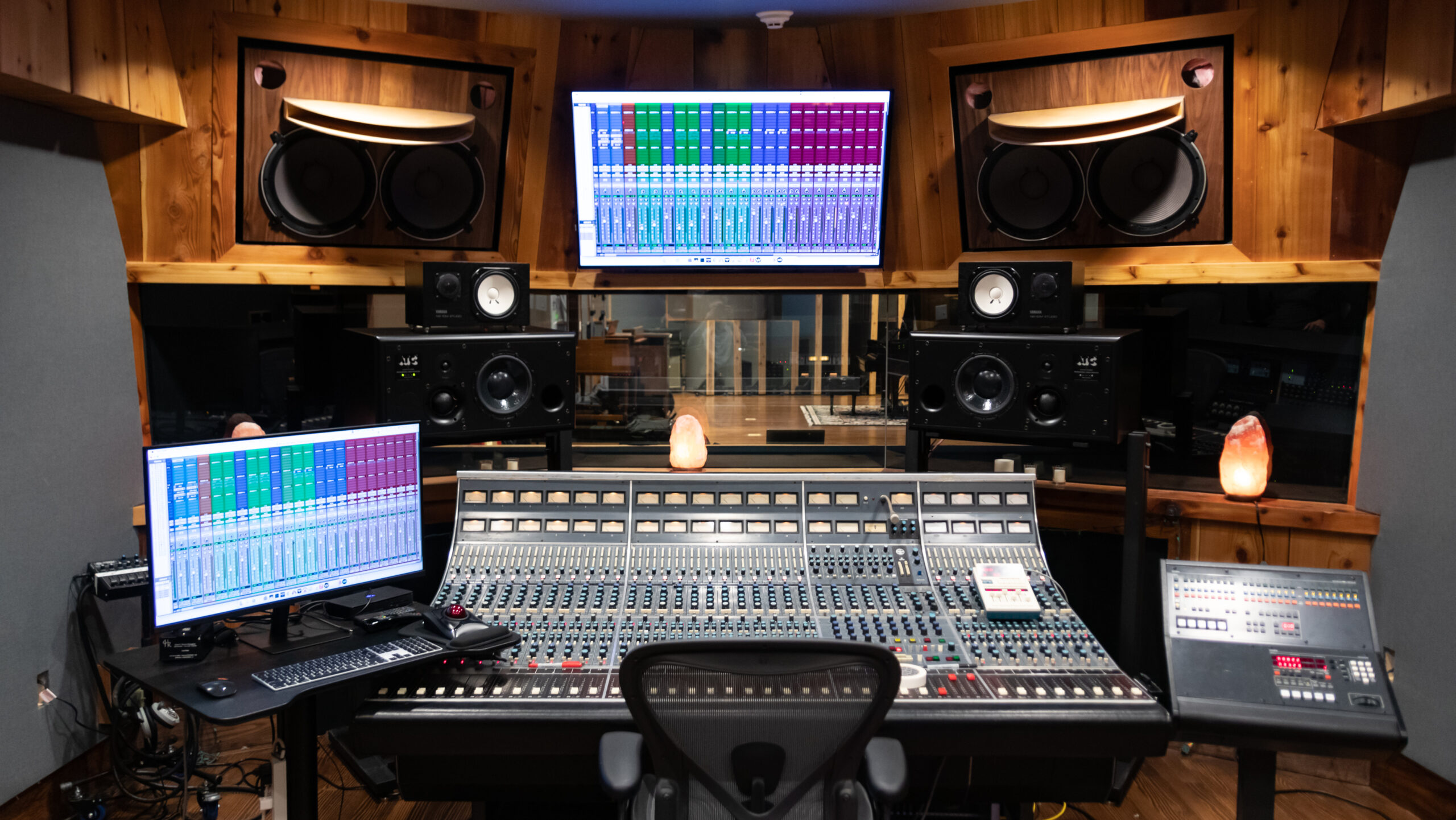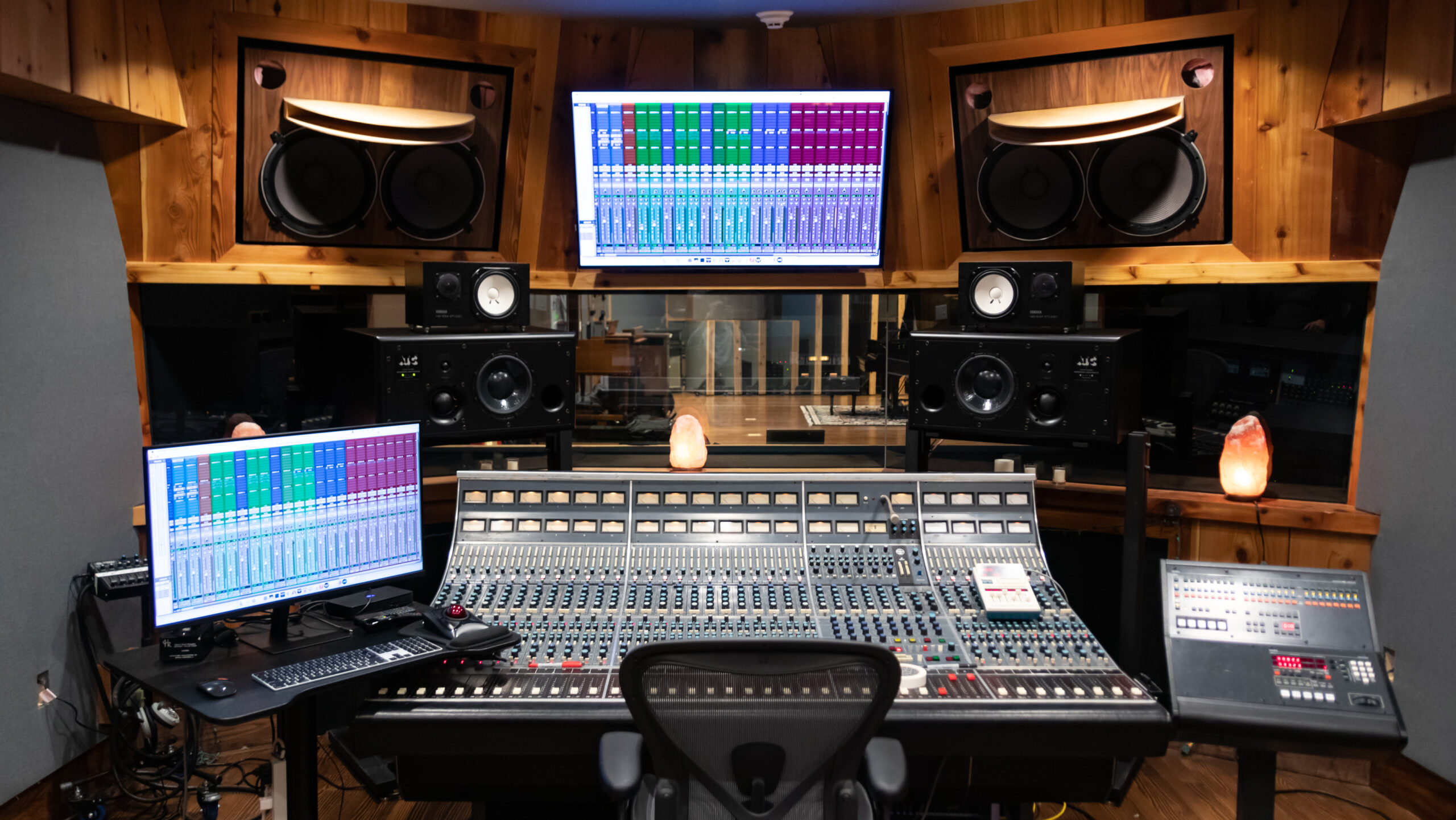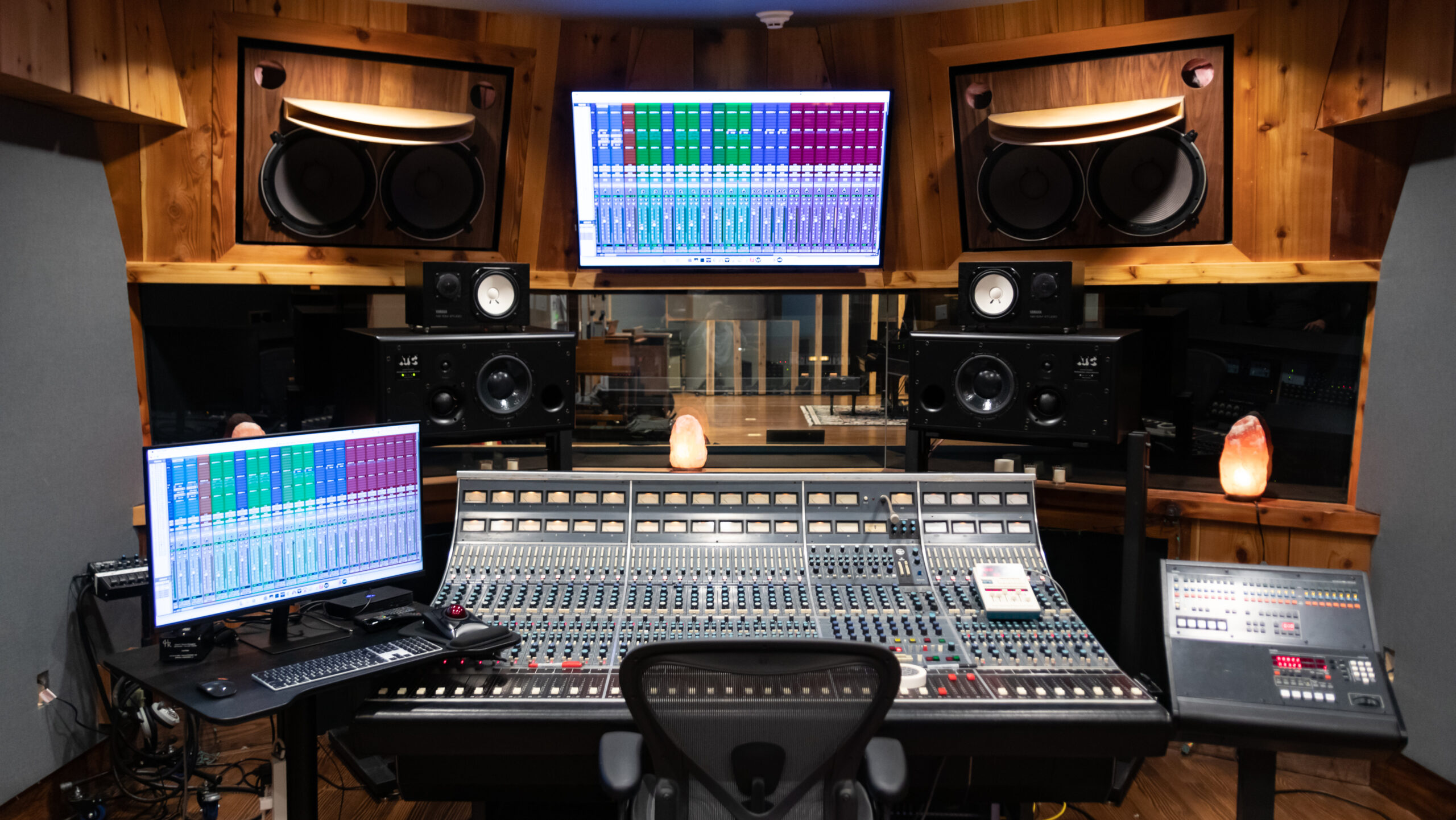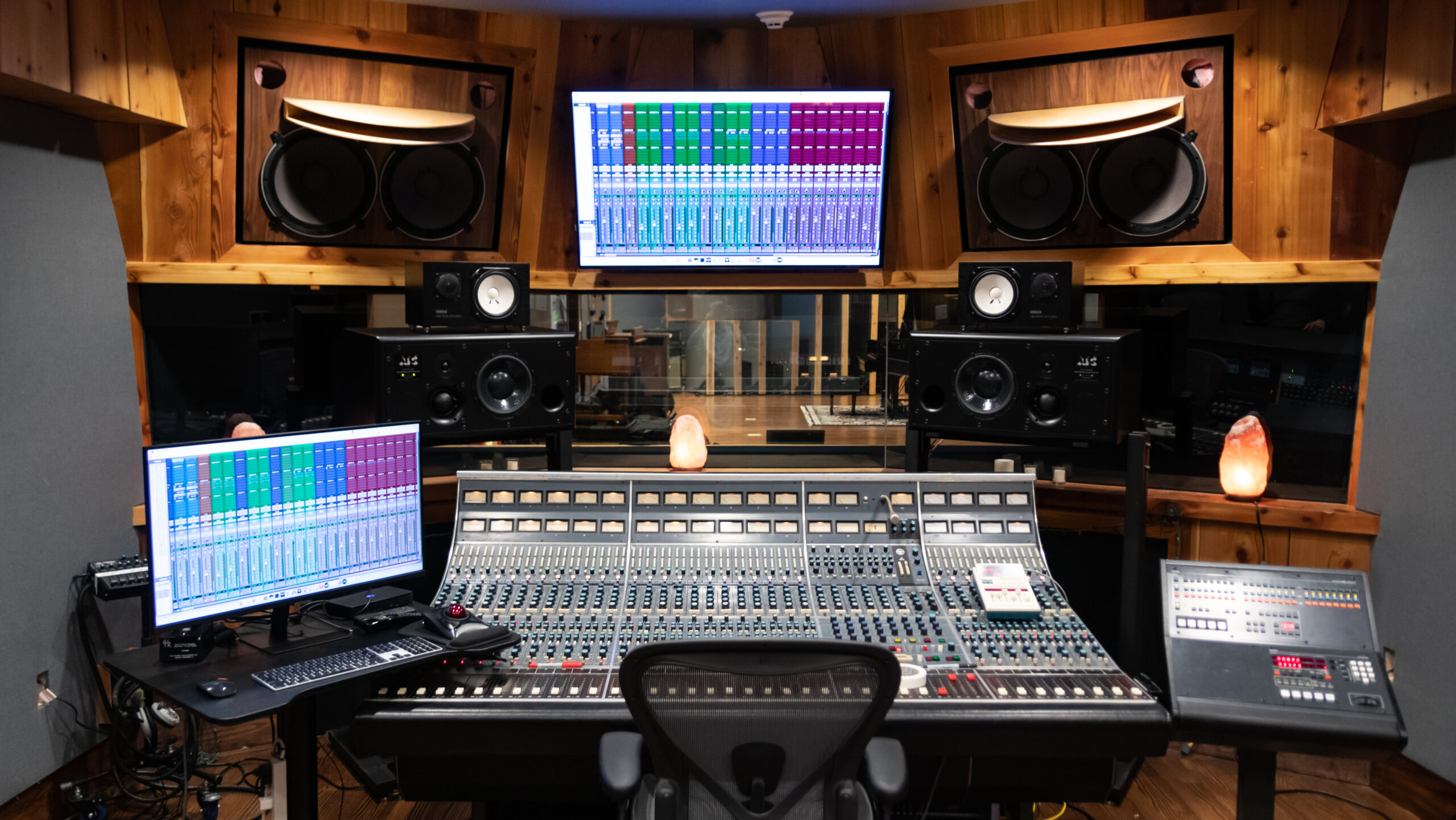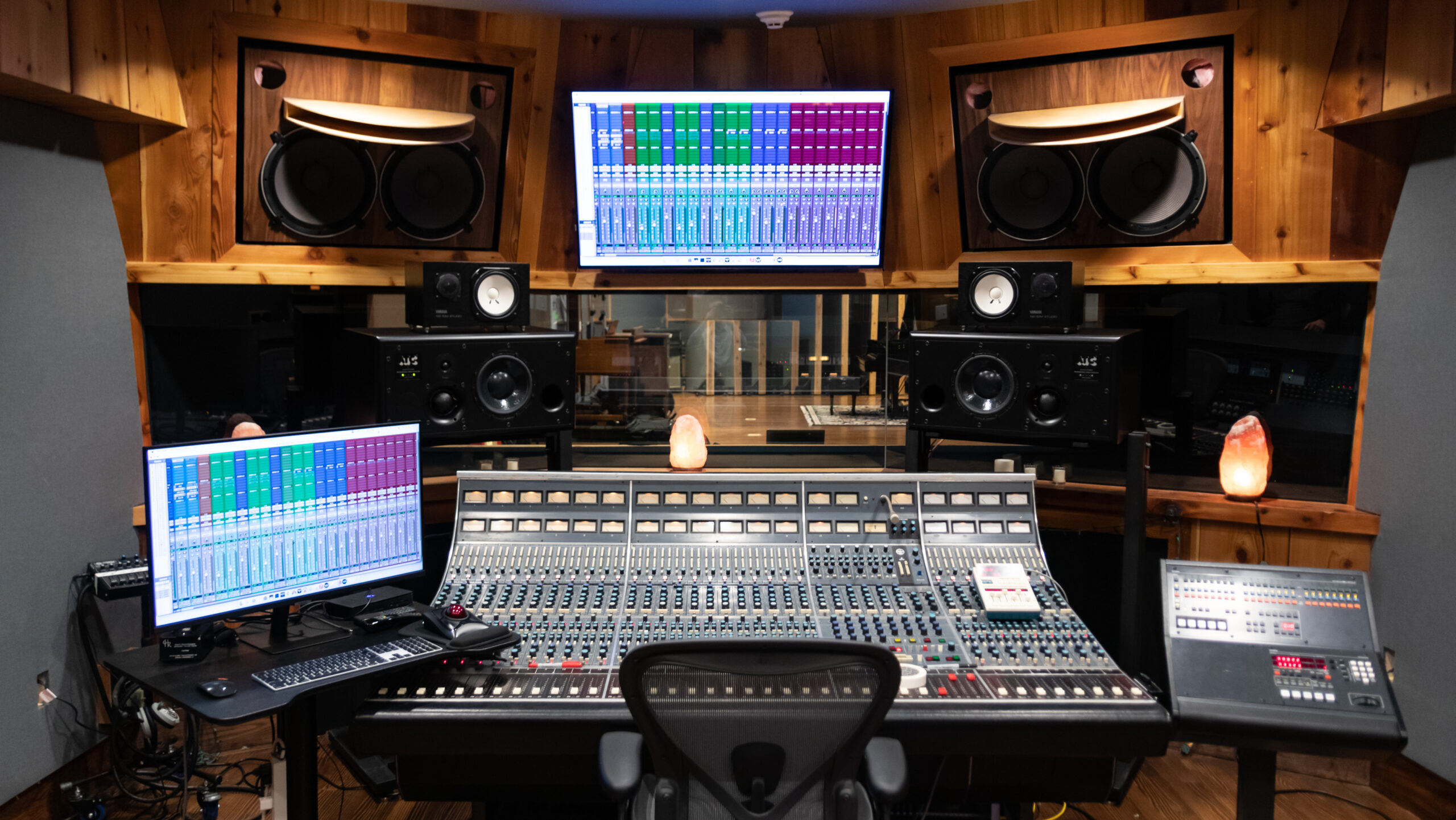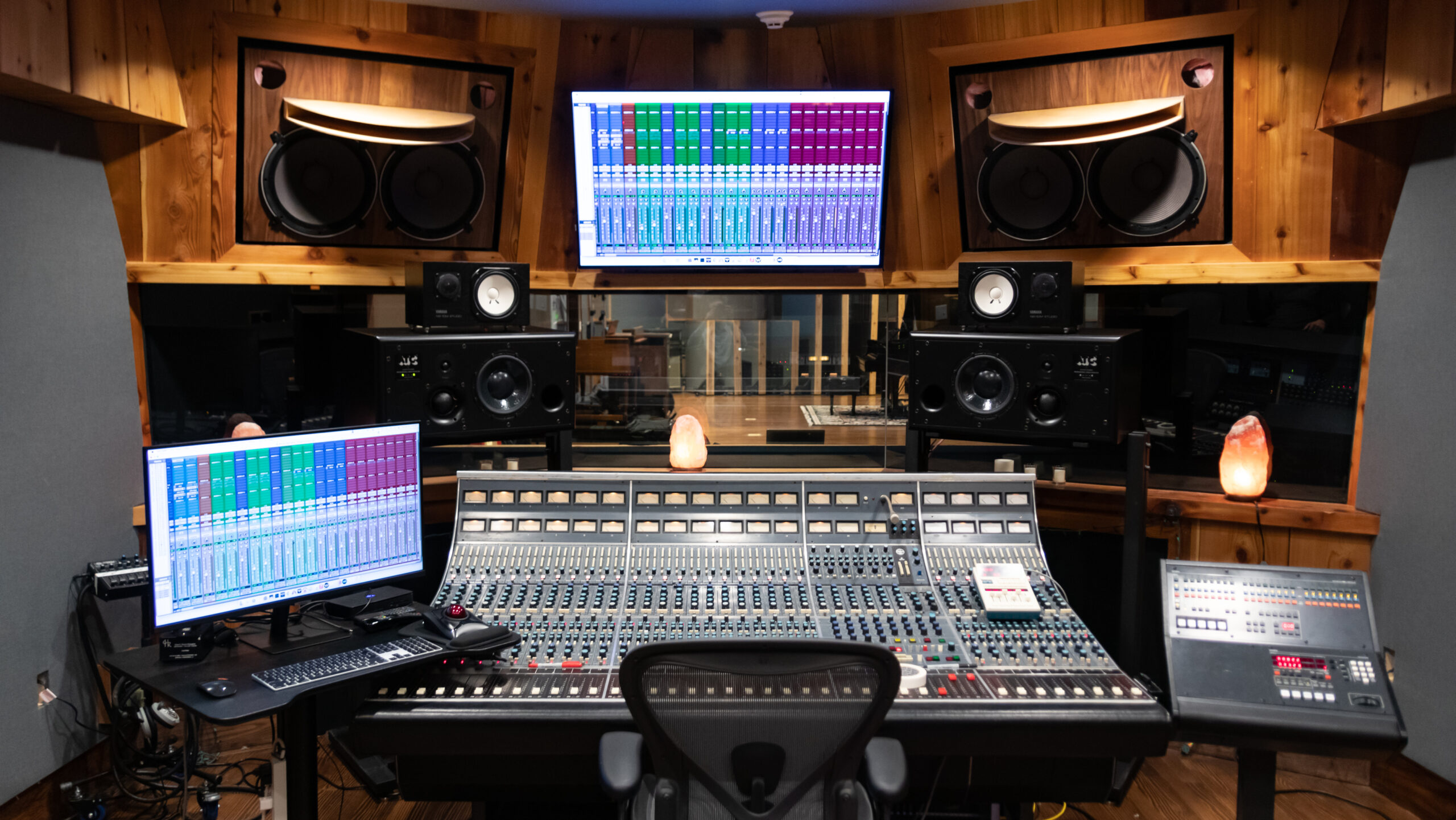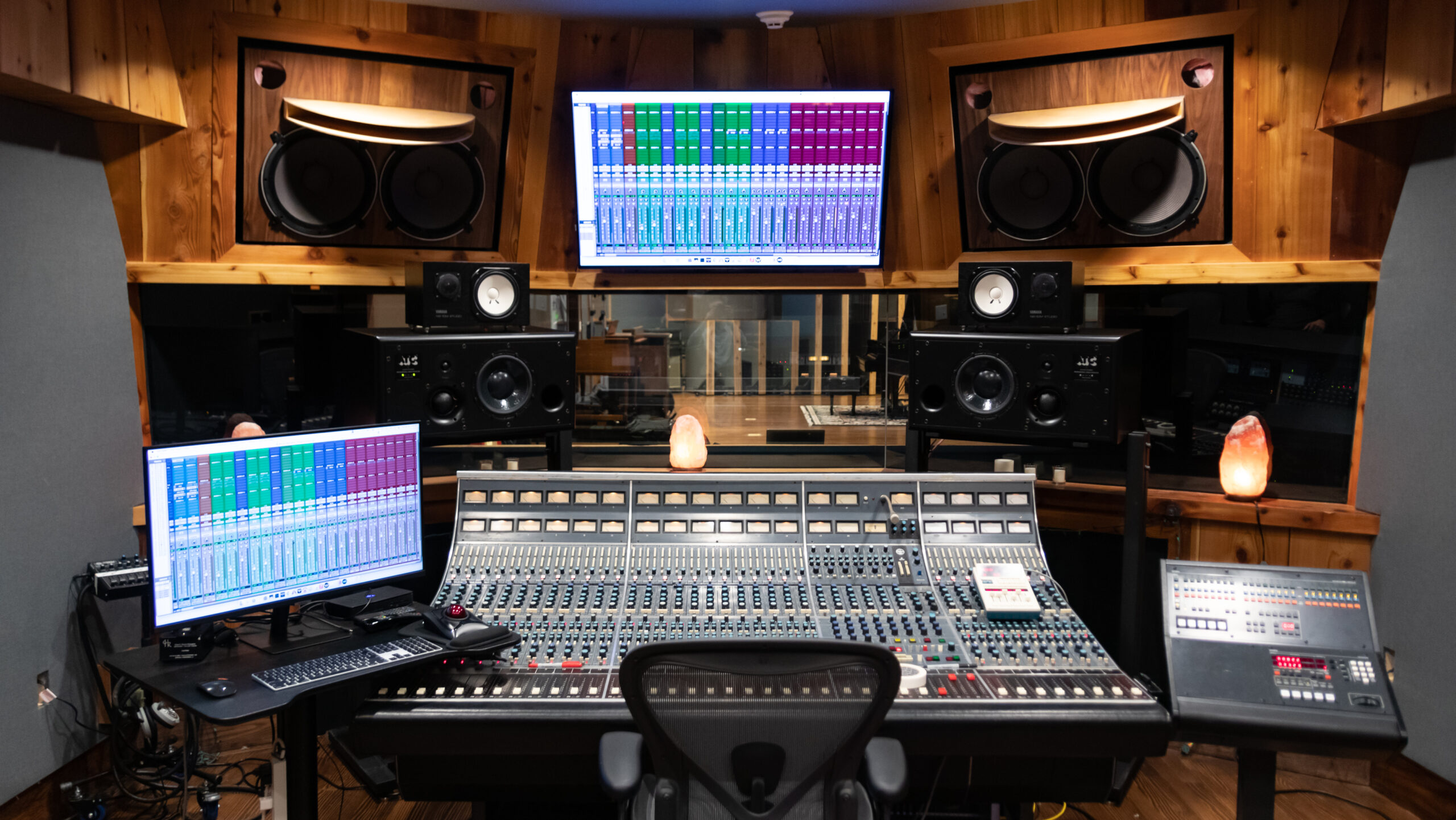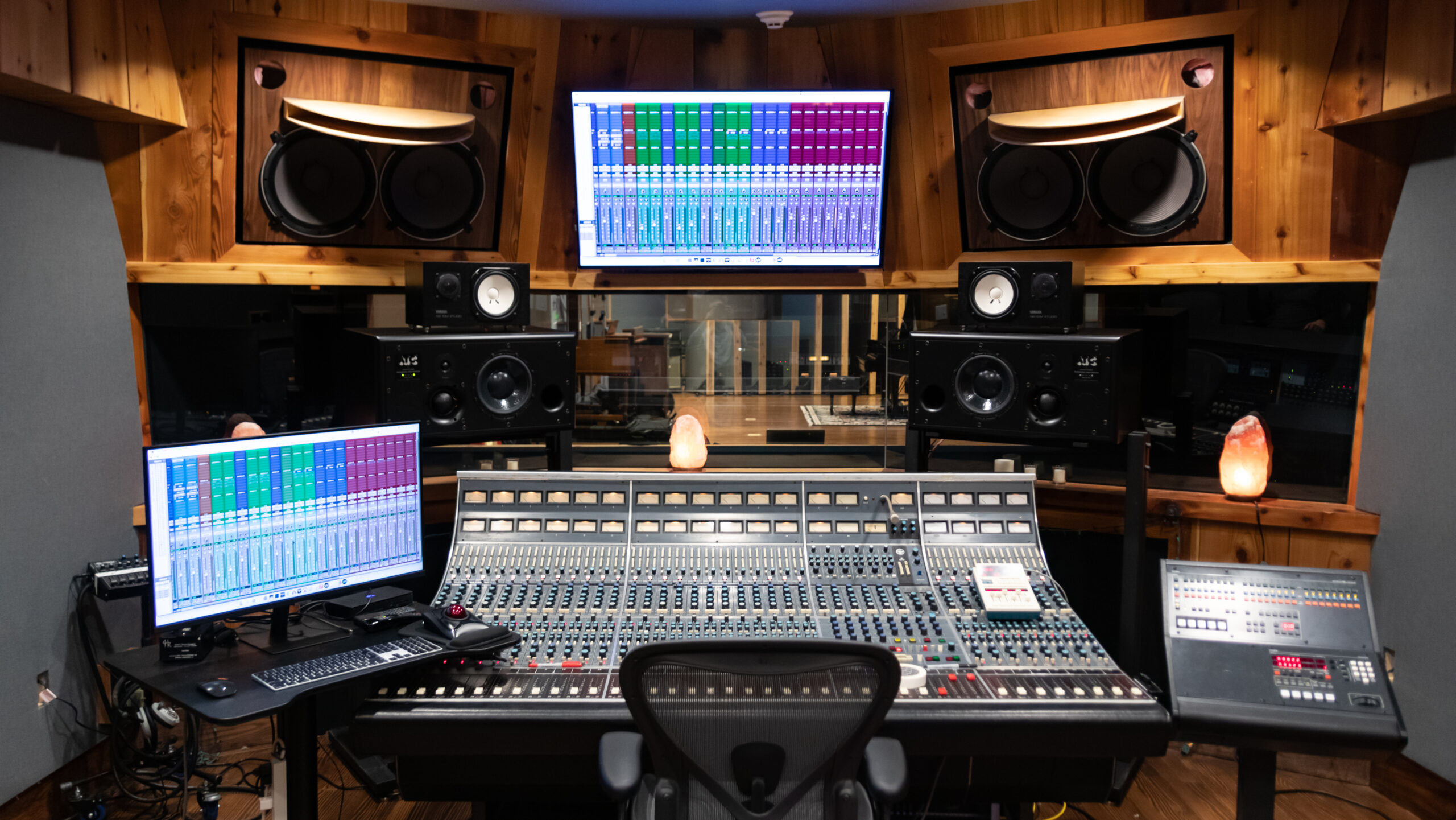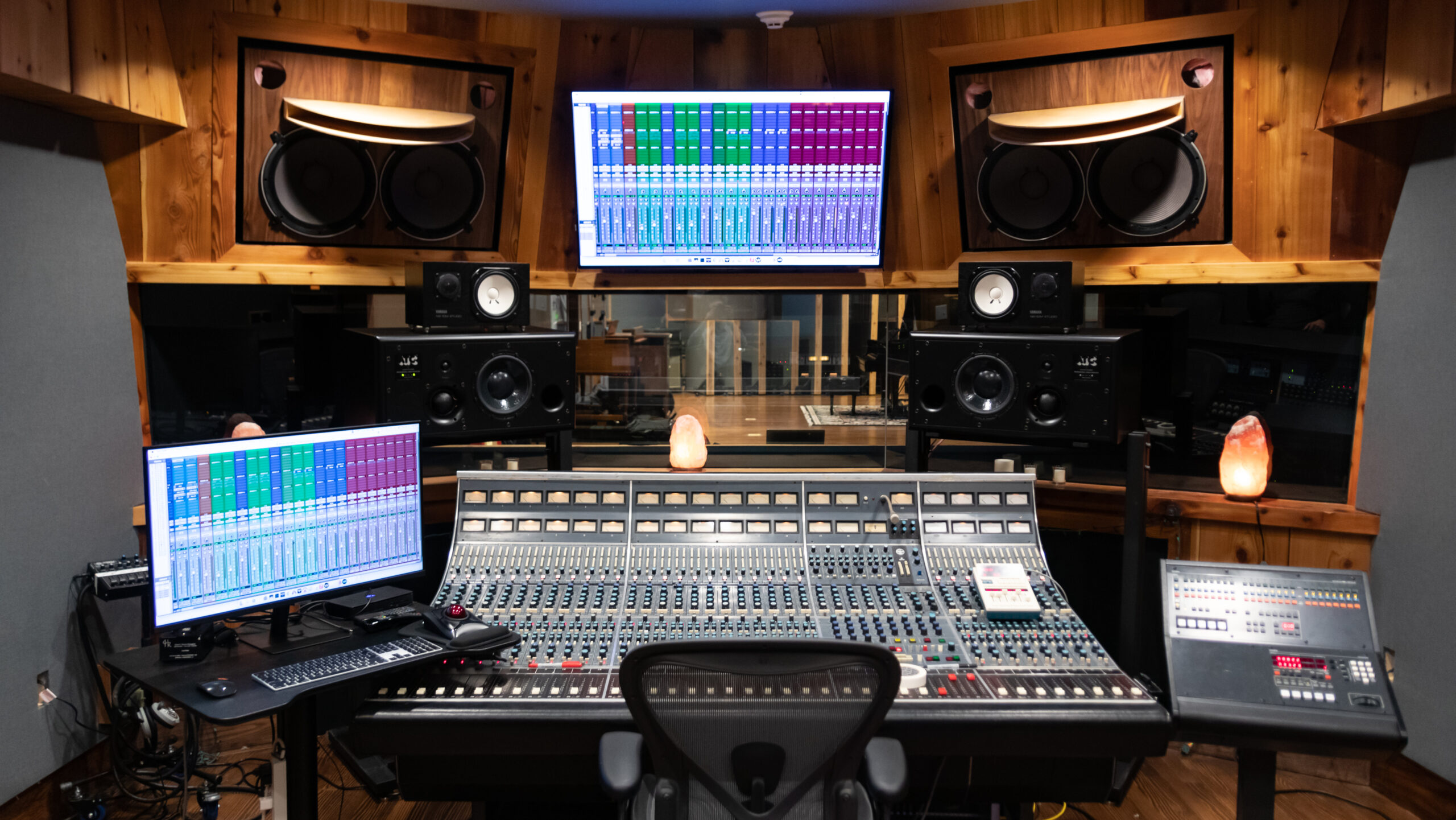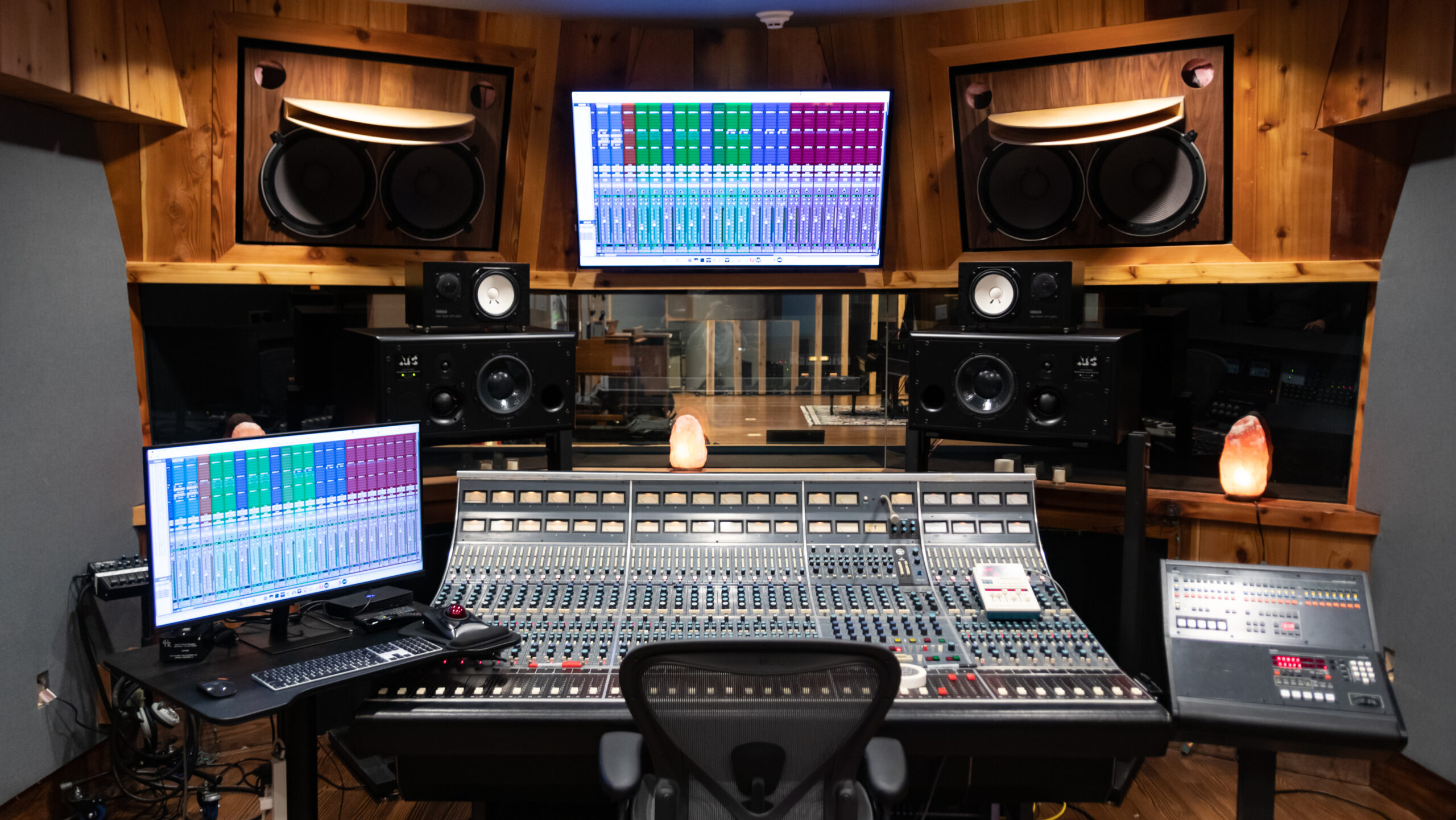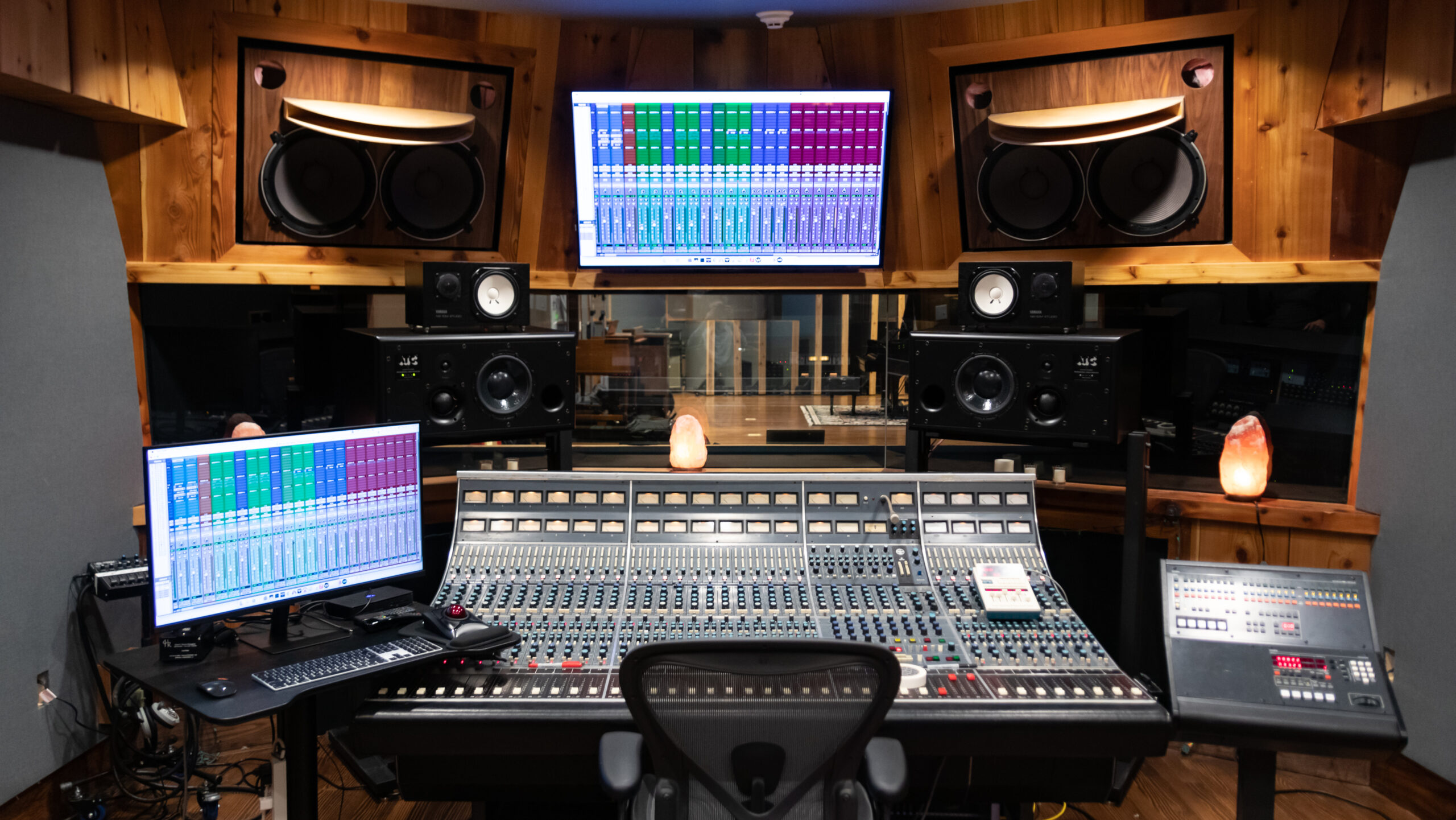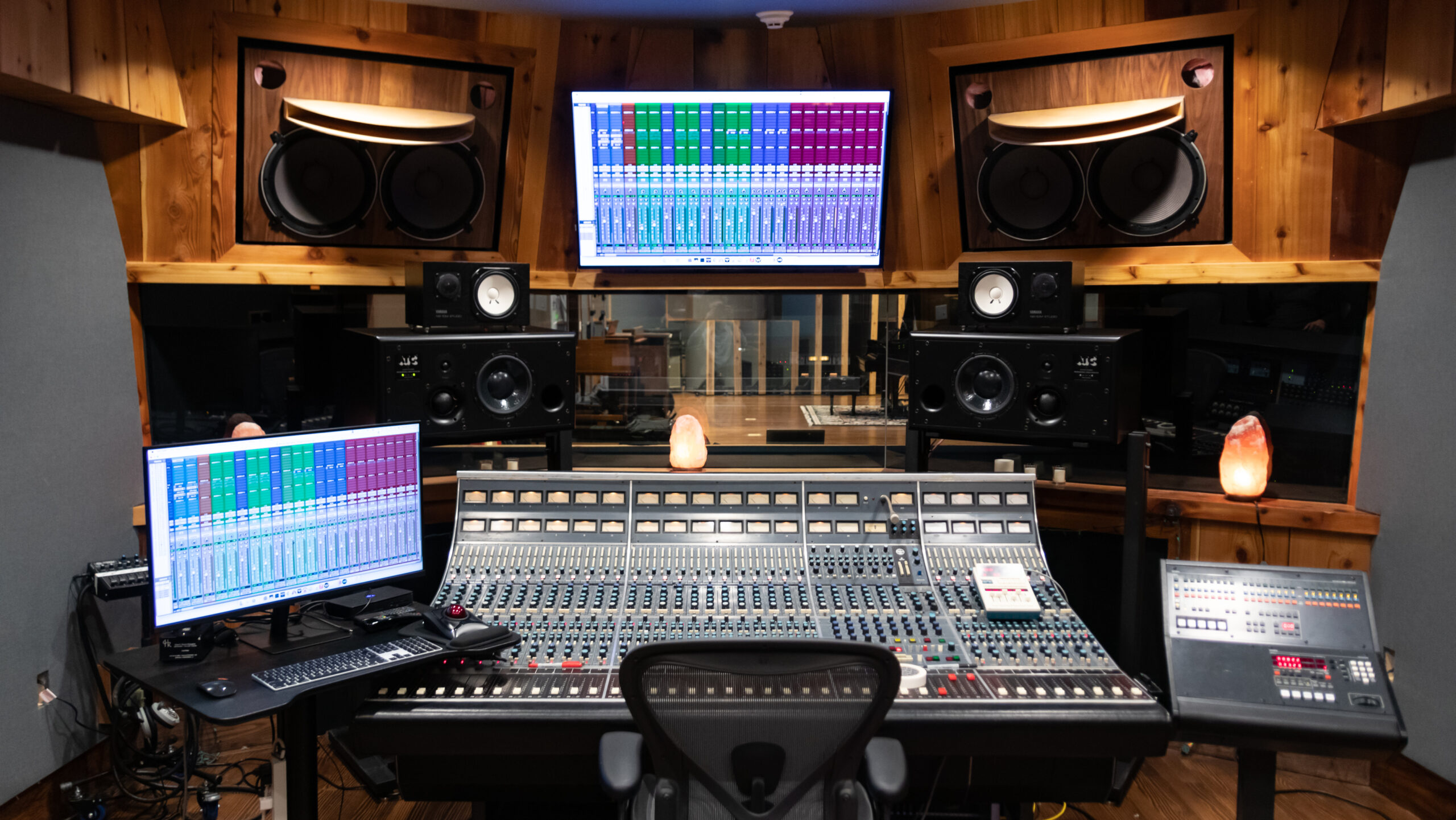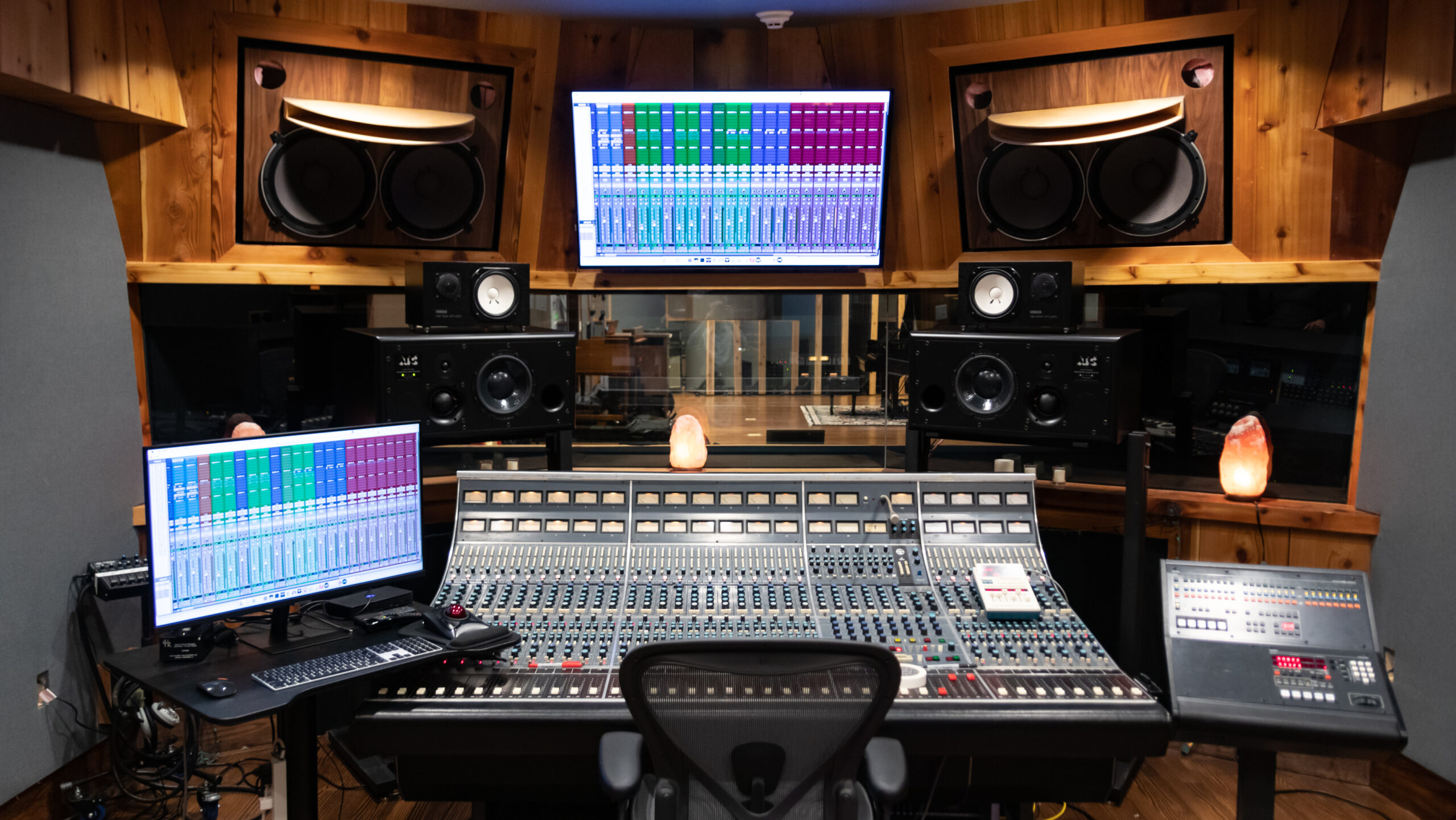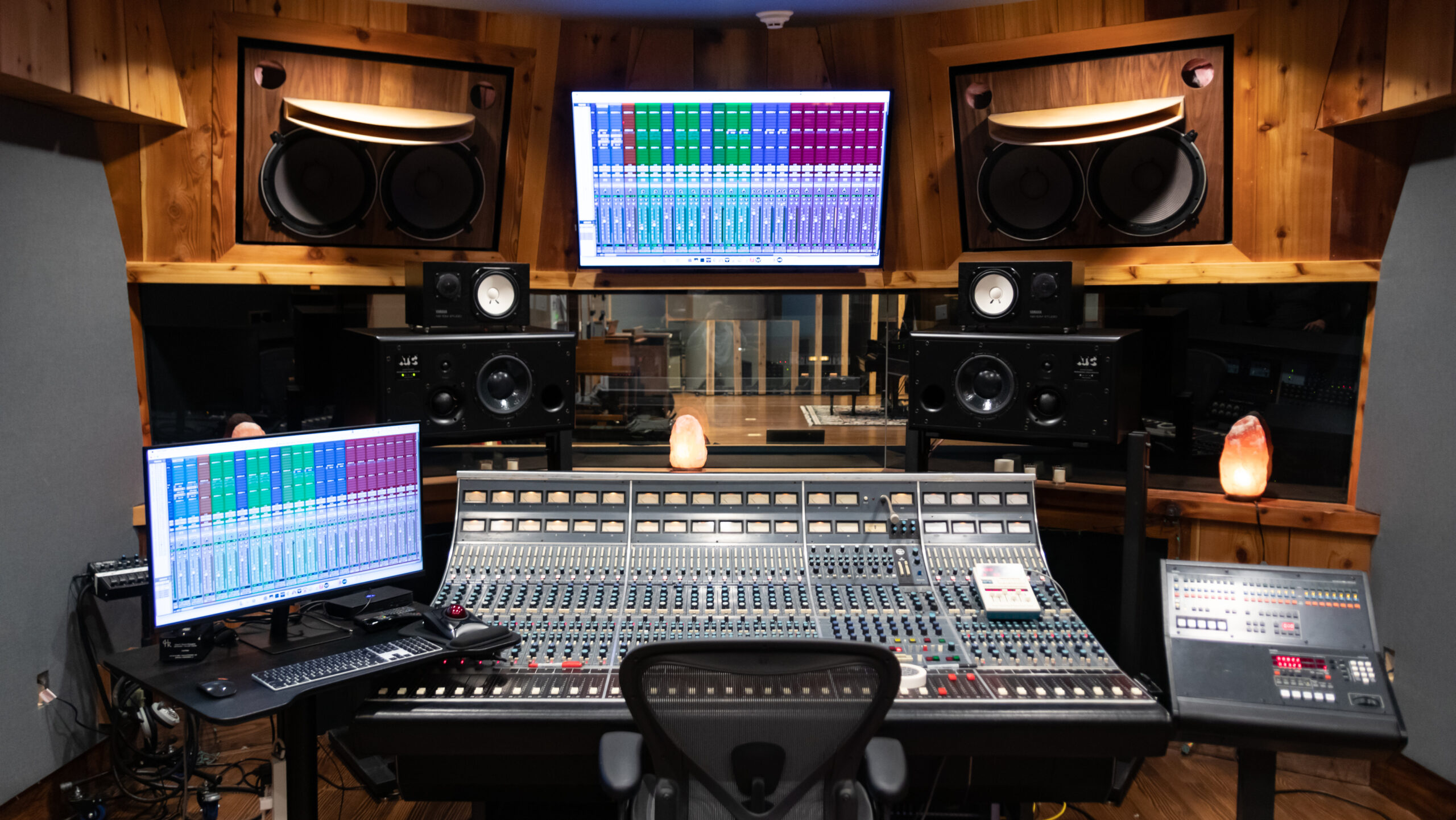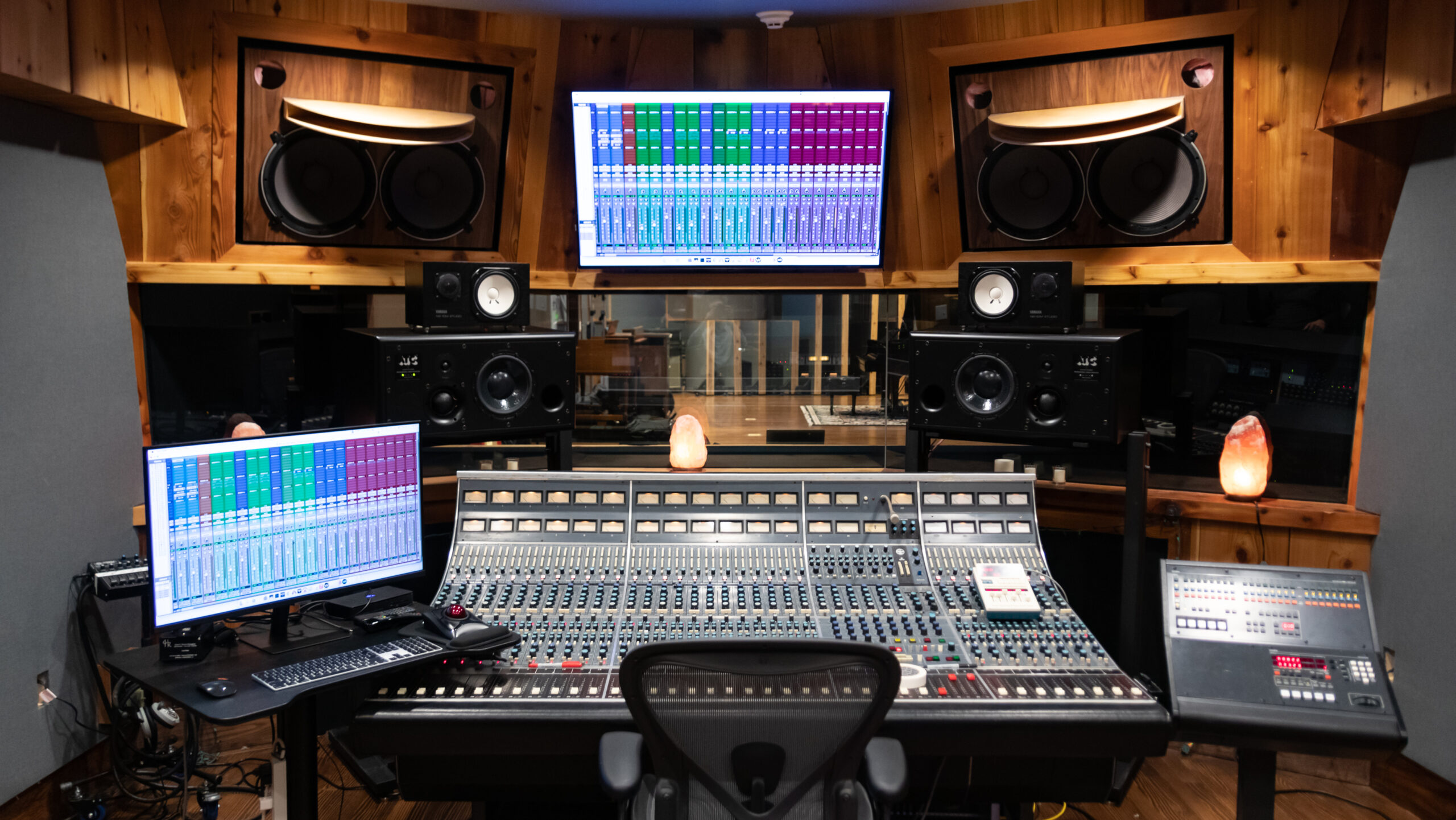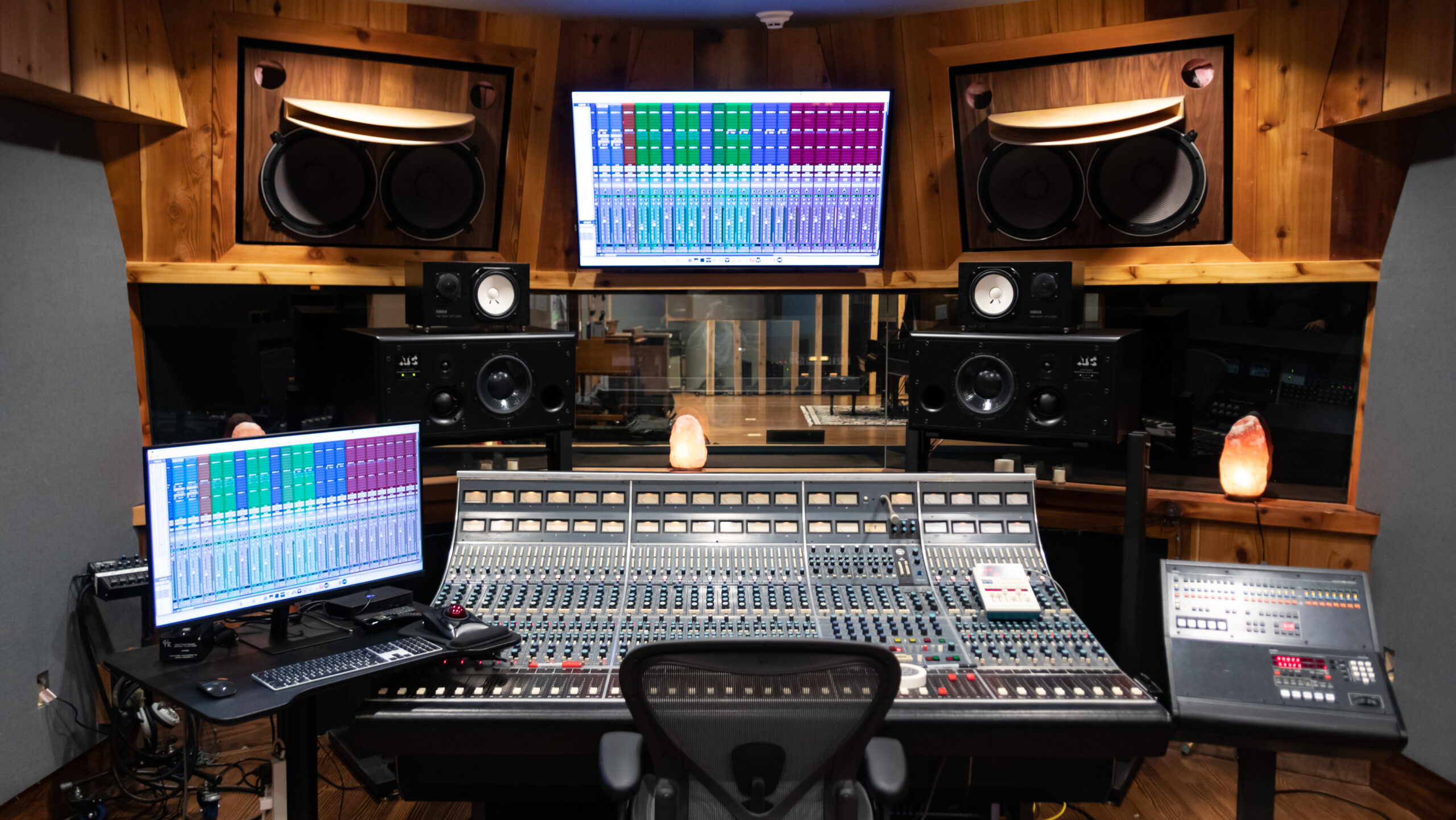The recording industry relies heavily on pristine…
Recording Studio Professional Indemnity Insurance: Protecting Your Creative Business
Introduction
Recording studios operate in a complex creative and technical environment where professional expertise, expensive equipment, and client expectations intersect. From audio engineering mistakes to copyright issues, recording studios face unique professional liability risks that standard business insurance may not adequately cover. Professional Indemnity Insurance for recording studios provides essential protection against claims arising from professional services, advice, or errors in the creative process.
What is Recording Studio Professional Indemnity Insurance?
Professional Indemnity Insurance for recording studios is specialized coverage designed to protect audio professionals, studio owners, and music production businesses against claims of professional negligence, errors, or omissions in their work. This insurance covers legal costs, compensation payments, and associated expenses when clients claim that professional services have caused them financial loss or damage.
Key Coverage Areas
Audio Engineering Errors
Protection against claims arising from technical mistakes during recording, mixing, or mastering that result in unusable or substandard recordings. This includes issues with sound quality, timing errors, or equipment malfunctions that affect the final product.
Copyright and Intellectual Property Issues
Coverage for claims related to unauthorized use of copyrighted material, sampling disputes, or inadvertent infringement of intellectual property rights during the recording process.
Data Loss and File Corruption
Protection when master recordings, session files, or client data are lost, corrupted, or accidentally deleted, potentially causing significant financial loss to artists or record labels.
Breach of Confidentiality
Coverage for claims arising from unauthorized disclosure of confidential information, unreleased material, or sensitive client data.
Professional Advice Claims
Protection against claims related to advice given on recording techniques, equipment selection, or production decisions that clients believe have caused them financial loss.
Delivery and Deadline Issues
Coverage for claims when projects are not delivered on time or fail to meet agreed specifications, potentially causing clients to miss release dates or promotional opportunities.
Why Recording Studios Need Professional Indemnity Insurance
High-Value Projects
Recording studios often work on projects worth significant sums, where even minor errors can result in substantial financial claims from artists, record labels, or production companies.
Technical Complexity
The sophisticated nature of modern recording technology means that technical errors can have far-reaching consequences, potentially affecting entire album releases or promotional campaigns.
Client Expectations
Artists and record labels have high expectations for recording quality and professional service. When these expectations aren't met, claims for financial compensation may follow.
Intellectual Property Risks
The music industry is particularly sensitive to copyright and intellectual property issues, making studios vulnerable to claims even when infringement is unintentional.
Reputation Protection
Professional Indemnity Insurance helps protect the studio's reputation by providing resources to defend against claims and resolve disputes professionally.
Industry-Specific Risks for Recording Studios
Equipment Failure Impact
When expensive recording equipment fails during critical sessions, the resulting delays or quality issues can lead to significant client claims for additional costs and lost opportunities.
Session Musician Coordination
Errors in coordinating session musicians, including booking conflicts or miscommunication about requirements, can result in costly delays and client claims.
Format and Compatibility Issues
Delivering recordings in incorrect formats or with compatibility problems can cause significant issues for clients' distribution and promotional plans.
Mixing and Mastering Disputes
Disagreements over the final sound, mixing decisions, or mastering quality can lead to claims for re-work costs or compensation for perceived substandard work.
Multi-Client Session Conflicts
Managing multiple clients' projects simultaneously can lead to mix-ups, confidentiality breaches, or scheduling conflicts that result in professional liability claims.
Benefits of Professional Indemnity Insurance
Legal Defense Coverage
The policy covers legal costs for defending against professional negligence claims, which can be substantial even when claims are ultimately unsuccessful.
Compensation Payments
Coverage for compensation payments to clients when professional errors or omissions cause genuine financial loss.
Reputation Management
Professional handling of claims helps maintain the studio's reputation and client relationships during difficult situations.
Business Continuity
Insurance protection allows studios to continue operating even when facing significant professional liability claims.
Client Confidence
Having Professional Indemnity Insurance demonstrates professionalism and provides clients with confidence in the studio's commitment to quality service.
Regulatory Compliance
Some contracts and industry bodies may require Professional Indemnity Insurance as a condition of engagement.
What's Typically Covered
Professional Negligence Claims
Coverage for claims alleging that professional services fell below expected industry standards, resulting in client losses.
Errors and Omissions
Protection against claims arising from mistakes, oversights, or failures to perform agreed services properly.
Breach of Professional Duty
Coverage for claims related to failure to meet professional obligations or industry standards.
Libel and Slander
Protection against claims for defamatory statements made in professional capacity.
Loss of Documents
Coverage for costs associated with recreating lost or damaged client materials or recordings.
Court Attendance Costs
Compensation for time spent attending court proceedings related to covered claims.
What's Typically Excluded
Intentional Acts
Deliberate wrongdoing or fraudulent behavior is not covered under Professional Indemnity Insurance.
Criminal Acts
Any claims arising from criminal activities are excluded from coverage.
Employment Issues
Staff-related claims are typically covered under separate Employment Practices Liability insurance.
Property Damage
Physical damage to client property is usually covered under Public Liability insurance rather than Professional Indemnity.
Contractual Penalties
Liquidated damages or penalty clauses in contracts may not be covered.
Prior Known Claims
Claims arising from circumstances known before the policy inception are typically excluded.
Choosing the Right Coverage
Coverage Limits
Select coverage limits that reflect the value of typical projects and potential claim sizes. Consider both individual claim limits and annual aggregate limits.
Retroactive Date
Ensure the policy includes appropriate retroactive coverage for work performed before the policy start date.
Extended Reporting Period
Consider coverage that includes an extended reporting period for claims made after the policy expires.
Industry-Specific Extensions
Look for policies that include extensions relevant to recording studios, such as copyright infringement coverage or data restoration costs.
Geographic Coverage
Ensure coverage extends to all locations where the studio operates or provides services.
Deductible Levels
Balance premium costs against acceptable deductible levels for your business.
Cost Factors
Studio Size and Revenue
Larger studios with higher revenues typically face higher premiums due to increased exposure to claims.
Services Offered
Studios offering additional services like music production, artist development, or equipment rental may face higher premiums.
Claims History
Previous professional indemnity claims can significantly impact premium costs.
Coverage Limits
Higher coverage limits result in higher premiums but provide greater protection.
Risk Management Measures
Implementing strong quality control procedures and client communication protocols can help reduce premiums.
Industry Experience
Established studios with experienced staff may qualify for better premium rates.
Risk Management Best Practices
Quality Control Procedures
Implement comprehensive quality control checks throughout the recording process to minimize errors and client dissatisfaction.
Clear Contracts
Use detailed contracts that clearly define scope of work, deliverables, timelines, and client responsibilities.
Backup Systems
Maintain robust backup systems for all recordings and client data to prevent loss and enable recovery.
Staff Training
Ensure all staff are properly trained on equipment, procedures, and industry best practices.
Client Communication
Maintain clear, documented communication with clients throughout projects to manage expectations and prevent misunderstandings.
Copyright Compliance
Implement strict procedures for handling copyrighted material and obtaining necessary permissions.
The Claims Process
Immediate Notification
Contact your insurer immediately upon becoming aware of a potential claim or circumstance that could lead to a claim.
Documentation
Gather and preserve all relevant documentation, including contracts, correspondence, recordings, and technical specifications.
Legal Representation
Your insurer will typically appoint legal representation to handle the claim defense.
Client Communication
Coordinate with your insurer before communicating with the claimant to ensure consistent messaging.
Settlement Negotiations
Your insurer will handle settlement negotiations, though you may need to consent to settlement terms.
Ongoing Cooperation
Provide ongoing cooperation and assistance throughout the claims process.
Industry Trends and Considerations
Digital Technology Evolution
Rapid changes in recording technology create new risks and require ongoing adaptation of coverage needs.
Streaming and Distribution Changes
Evolving music distribution models create new professional liability exposures for recording studios.
Remote Recording Services
Increased demand for remote recording services creates new risks around data security and service delivery.
Copyright Complexity
Increasingly complex copyright landscape requires enhanced awareness and protection.
Client Expectations
Rising client expectations for quick turnaround and perfect results increase professional liability risks.
Regulatory Considerations
Data Protection Compliance
Studios must comply with data protection regulations when handling client information and recordings.
Copyright Law
Understanding and complying with copyright law is essential for managing professional liability risks.
Contract Law
Proper contract management is crucial for defining professional obligations and limiting liability exposure.
Health and Safety
Compliance with health and safety regulations in studio environments is important for overall risk management.
Conclusion
Professional Indemnity Insurance is essential protection for recording studios operating in today's complex creative and technical environment. The specialized nature of recording services, combined with high client expectations and significant project values, creates substantial professional liability risks that require appropriate insurance coverage.
By understanding the specific risks facing recording studios and selecting comprehensive Professional Indemnity Insurance coverage, studio owners can protect their businesses against potentially devastating claims while demonstrating professionalism to clients. Combined with strong risk management practices and clear client communication, Professional Indemnity Insurance provides the foundation for confident, successful studio operations.
The investment in Professional Indemnity Insurance is not just about financial protection – it's about preserving your studio's reputation, maintaining client relationships, and ensuring business continuity in an industry where professional excellence is paramount.


 0330 127 2333
0330 127 2333
